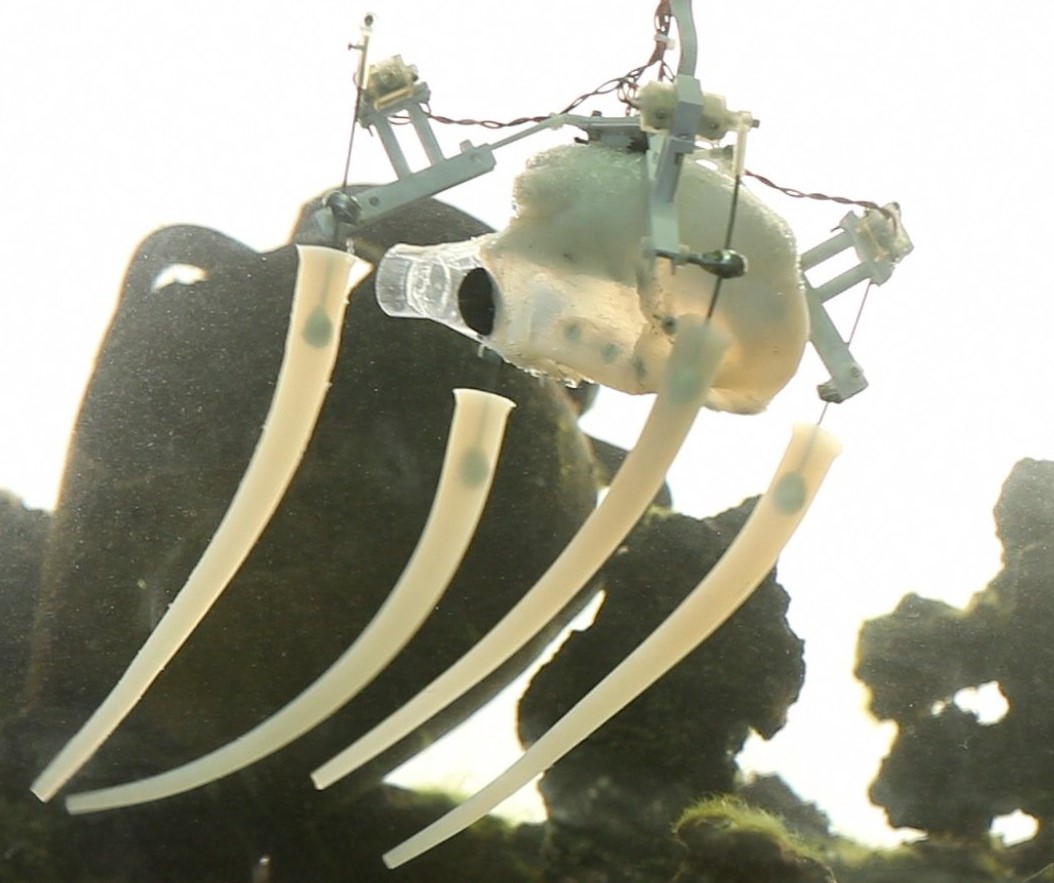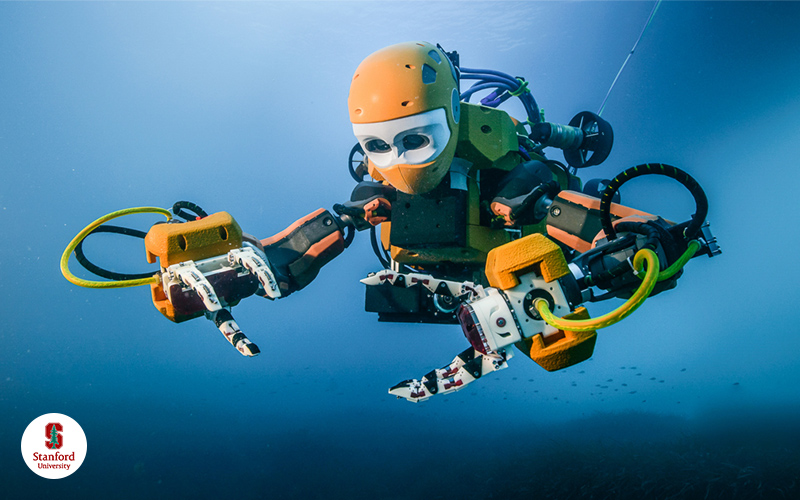- Admissions
- Academics
- Research Office
- Student Life
- News & Events
- Outreach
- About
Dr. Federico Renda is an Associate Professor in the Department of Mechanical Engineering at Khalifa University in Abu Dhabi, UAE. Before joining Khalifa University, he was a Post-Doctoral Fellow at the BioRobotics Institute of Scuola Superiore Sant’Anna, where he received his Ph.D. degree in 2014. He obtained his B.Sc. and M.Sc. degrees in biomedical engineering from the University of Pisa, Italy, in 2007 and 2009, respectively.
Dr. Renda has been a visiting professor at the National University of Singapore (NUS), the National Institute for Research in Digital Science and Technology (INRIA, Lille), and others. He has been appointed as Associate Editor and Program Committee Member of important robotics journals and conferences, such as the International Journal of Robotics Research (IJRR) and the International Conference on Robotics and Automation (ICRA), to name a few.
Dr. Renda's research interests encompass the study of multibody dynamical systems, including modeling and control of complex soft and underwater robots, focusing on the application of the principles of geometric mechanics. His research is applied to the agile motion of highly deformable manipulators as well as underwater swarm robotics for persistent surveillance of large submerged structures.

Biomimetic-joint-thrust system for underwater propulsion (Sponsored by KU)
Jet propulsion is an energy-efficient mechanism employed in traditional aerospace and marine engines, consisting of a fast-moving jet of fluid to generate a propulsive thrust. This mechanism is also at the base of the swimming strategies of several marine species. By pointing the jet outlet in different directions and by changing the amount of water drawn, cephalopods (squid or octopi) can modify the direction and speed of their jet propulsion. Inspired by this, we present a soft jet propulsor that can control the outlet position and orientation. The design combines the actuation required for the volume squeezing at the base of the jet propulsion mechanism with a second actuator to define the orientation of the propulsor. This thruster has the potential to unveil an effective solution for a broad range of tasks currently unsolved, combining the high-speed maneuverability of traditional rigid jet propellers with the main advantages of soft robotics.

Marine Robotics for Ocean Interventions (Sponsored by KU)
The oceans present critical sources of food and other resources crucial to economic development in the UAE and the world in general. Several offshore and subsea systems have been constructed to take advantage of the resources offered by the oceans. Such systems include energy harvesters, offshore oil and gas drilling platforms, communication cable networks, and fish farms. Constructing, maintaining, and repairing such offshore facilities is very challenging, requiring specialized vessels and human divers. This project will investigate the use of an underwater mobile manipulator for carrying out maintenance and repair tasks. We will focus on embracing compliance and torque control, developing novel compliant underwater arms, and multimodal underwater perception systems. Particular emphasis will be on semi-autonomous underwater rope manipulation and knotting.